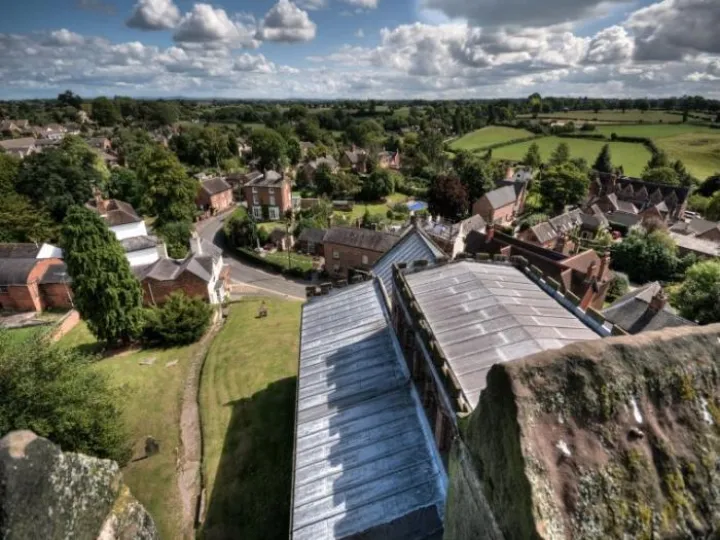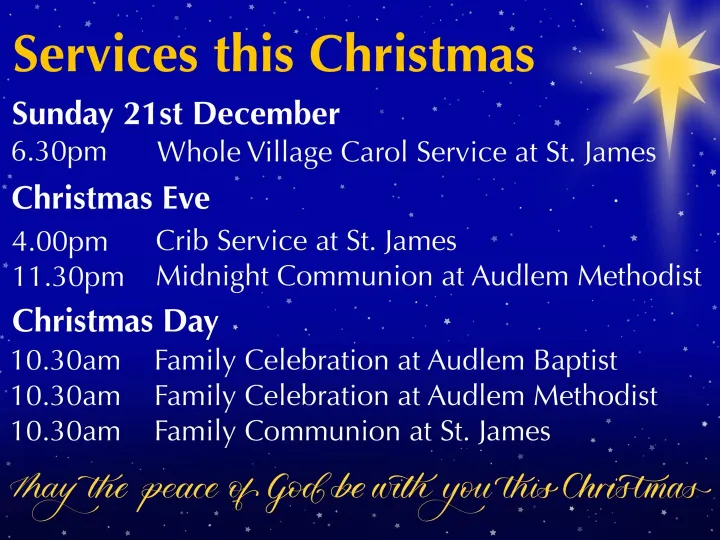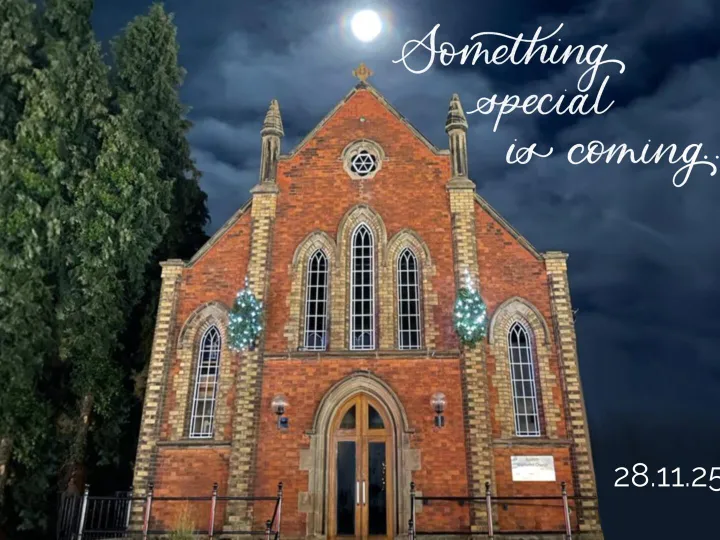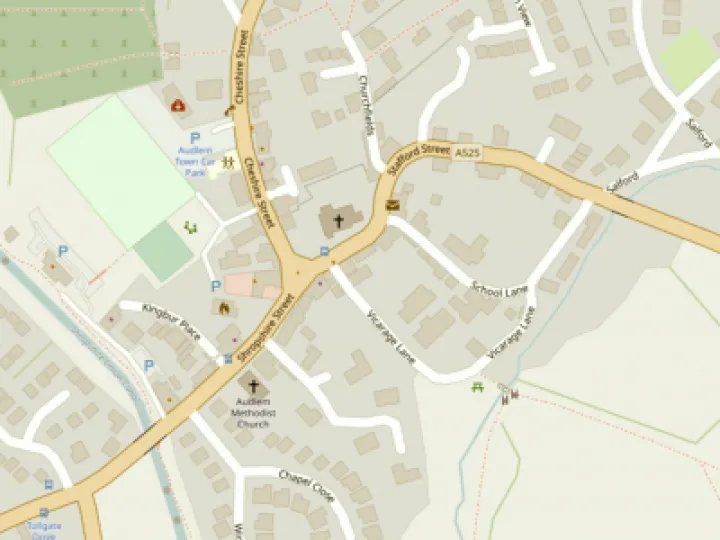

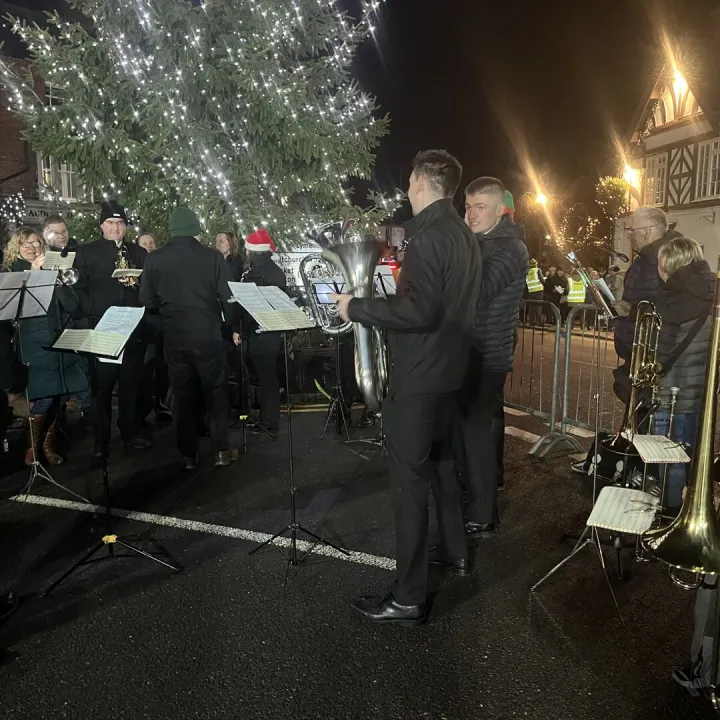
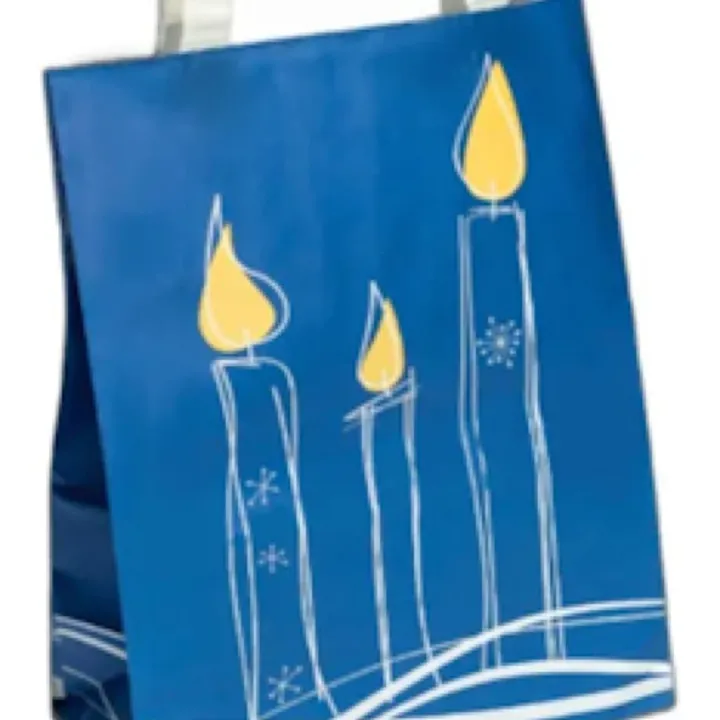
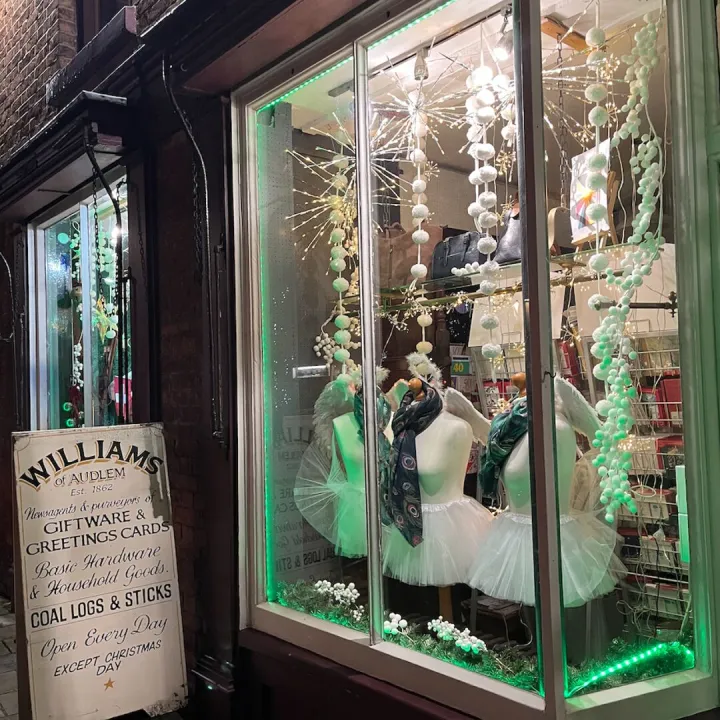


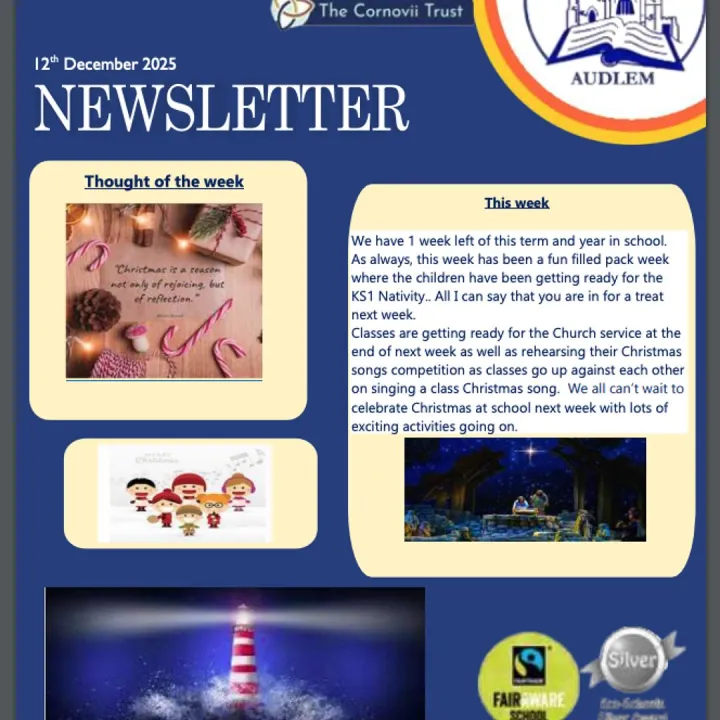
Alfred Tennyson
Alfred Tennyson, 1st Baron Tennyson, FRS was Poet Laureate of Great Britain and Ireland during much of Queen Victoria's reign and remains one of the most popular British poets.
Tennyson excelled at penning short lyrics, such as "Break, Break, Break", "The Charge of the Light Brigade", "Tears, Idle Tears", and "Crossing the Bar". Much of his verse was based on classical mythological themes, such as Ulysses, although In Memoriam A.H.H. was written to commemorate his friend Arthur Hallam, a fellow poet and student at Trinity College, Cambridge, after he died of a stroke at the age of 22.
Tennyson also wrote some notable blank verse including Idylls of the King, "Ulysses", and "Tithonus". During his career, Tennyson attempted drama, but his plays enjoyed little success. A number of phrases from Tennyson's work have become commonplaces of the English language and he is the ninth most frequently quoted writer in The Oxford Dictionary of Quotations.
Tennyson was a student of Louth Grammar School for four years and then attended Scaitcliffe School, Englefield Green and King Edward VI Grammar School, Louth. He entered Trinity College, Cambridge, in 1827, where he joined a secret society called the Cambridge Apostles. His first publication was a collection of "his boyish rhymes and those of his elder brother Charles" entitled Poems by Two Brothers, published in 1827.
In 1829, Tennyson was awarded the Chancellor's Gold Medal at Cambridge for one of his first pieces, "Timbuktu". He published his first solo collection of poems, Poems Chiefly Lyrical in 1830. "Claribel" and "Mariana", which later took their place among Tennyson's most celebrated poems, were included in this volume. Although decried by some critics as overly sentimental, his verse soon proved popular and brought Tennyson to the attention of well-known writers of the day, including Samuel Taylor Coleridge.
In 1833 Tennyson published his second book of poetry, which included his well-known poem, "The Lady of Shalott". The volume met heavy criticism, which so discouraged Tennyson that he did not publish again for ten years, although he did continue to write.
In 1842, while living modestly in London, Tennyson published the two volume Poems, of which the first included works already published and the second was made up almost entirely of new poems. They met with immediate success; poems from this collection, such as Locksley Hall, "Break, Break, Break", and Ulysses have met enduring fame. The Princess: A Medley, a satire on women's education that came out in 1847, was also popular for its lyrics. W. S. Gilbert later adapted and parodied the piece twice: in The Princess (1870) and in Princess Ida (1884).
It was in 1850 that Tennyson reached the pinnacle of his career, finally publishing his masterpiece, In Memoriam A.H.H. Later the same year, he was appointed Poet Laureate, succeeding William Wordsworth. In the same year, Tennyson married Emily Sellwood, whom he had known since childhood, in the village of Shiplake.
{Born 6th August 1809 in Somersby, Lincolnshire, England
Died 6th October 1892 in Lurgashall, Sussex, England}
Hope smiles from the threshold of the year to come, whispering, 'It will be happier.'
This article is from our news archive. As a result pictures or videos originally associated with it may have been removed and some of the content may no longer be accurate or relevant.
Get In Touch
AudlemOnline is powered by our active community.
Please send us your news and views using the button below:
Email: editor@audlem.org

